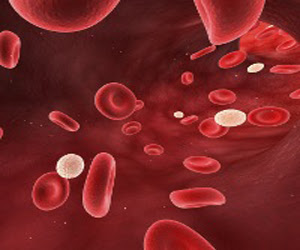What is hyperparathyroidism?
In hyperparathyroidism the parathyroid glands make too many hormones. As a result, the amount of calcium in the blood increases. The level of phosphate in the blood is normal or low.
What are the signs and symptoms of hyperparathyroidism?
Have you light hyperparathyroidism then you will not notice. Only in severe hyperparathyroidism you get complaints:
- tiredness;
- nausea and abdominal pain;
- depression;
- high blood pressure;
- hard stools;
- much thirst;
- frequently and urinating;
- after several years of osteoporosis and kidney stones.
Hyperparathyroidism is more common in women than in men. Usually, the disease is caused by a benign tumor in one of the parathyroid glands.
The doctor suggests hyperparathyroidism determine with a blood test. She also makes a CT scan, an MRI scan or an ultrasound of the parathyroid glands.
You have very severe hyperparathyroidism than needed immediate treatment. You will lie in hospital on a drip with moisture and calcium-lowering drugs. Then you get a surgery on the parathyroid glands. The doctor removes the parathyroid gland with the tumor.
In case of light hyperparathyroidism treatment is not necessary. Still, you should get regular checkups with your doctor. It checks that the calcium level in your blood is not too high. She also checks that your kidneys are working properly.
What causes hyperparathyroidism?
Hyperparathyroidism can occur in several ways:
- Usually it's because there is a benign tumor in a parathyroid gland.
- Sometimes there are multiple benign tumors in multiple parathyroid glands.
- Sometimes it is a first manifestation of MEN-1 syndrome.
- In very rare cases, because the parathyroid glands are enlarged.

